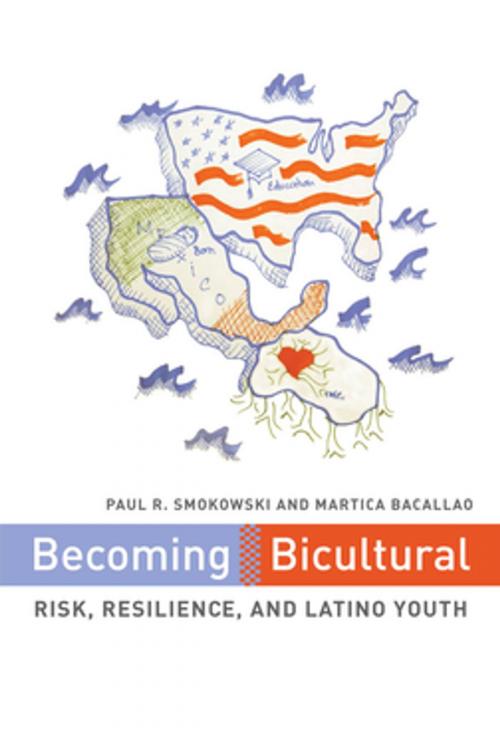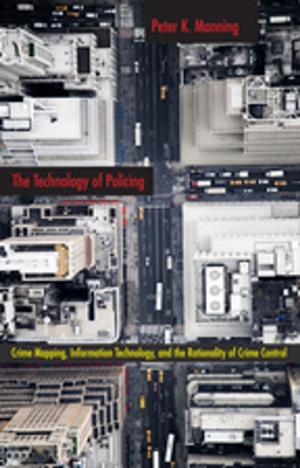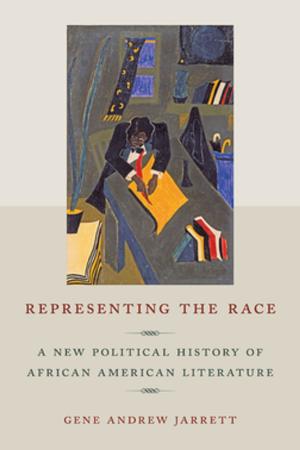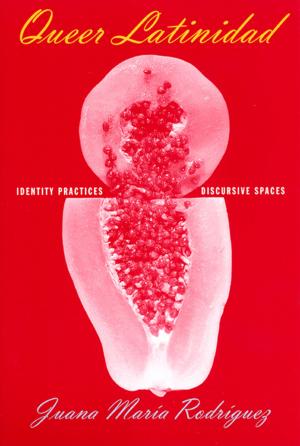Becoming Bicultural
Risk, Resilience, and Latino Youth
Nonfiction, Health & Well Being, Psychology, Child & Adolescent, Adolescent Psychology, Social & Cultural Studies, Social Science, Cultural Studies, Emigration & Immigration| Author: | Martica Bacallao, Paul R. Smokowski | ISBN: | 9780814783597 |
| Publisher: | NYU Press | Publication: | February 8, 2011 |
| Imprint: | NYU Press | Language: | English |
| Author: | Martica Bacallao, Paul R. Smokowski |
| ISBN: | 9780814783597 |
| Publisher: | NYU Press |
| Publication: | February 8, 2011 |
| Imprint: | NYU Press |
| Language: | English |
Although the United States has always been a nation of immigrants, the recent demographic shifts resulting in burgeoning young Latino and Asian populations have literally changed the face of the nation. This wave of massive immigration has led to a nationwide struggle with the need to become bicultural, a difficult and sometimes painful process of navigating between ethnic cultures.
While some Latino adolescents become alienated and turn to antisocial behavior and substance use, others go on to excel in school, have successful careers, and build healthy families. Drawing on both quantitative and qualitative data ranging from surveys to extensive interviews with immigrant families, Becoming Bicultural explores the individual psychology, family dynamics, and societal messages behind bicultural development and sheds light on the factors that lead to positive or negative consequences for immigrant youth. Paul R. Smokowski and Martica Bacallao illuminate how immigrant families, and American communities in general, become bicultural and use their bicultural skills to succeed in their new surroundings The volume concludes by offering a model for intervention with immigrant teens and their families which enhances their bicultural skills.
Although the United States has always been a nation of immigrants, the recent demographic shifts resulting in burgeoning young Latino and Asian populations have literally changed the face of the nation. This wave of massive immigration has led to a nationwide struggle with the need to become bicultural, a difficult and sometimes painful process of navigating between ethnic cultures.
While some Latino adolescents become alienated and turn to antisocial behavior and substance use, others go on to excel in school, have successful careers, and build healthy families. Drawing on both quantitative and qualitative data ranging from surveys to extensive interviews with immigrant families, Becoming Bicultural explores the individual psychology, family dynamics, and societal messages behind bicultural development and sheds light on the factors that lead to positive or negative consequences for immigrant youth. Paul R. Smokowski and Martica Bacallao illuminate how immigrant families, and American communities in general, become bicultural and use their bicultural skills to succeed in their new surroundings The volume concludes by offering a model for intervention with immigrant teens and their families which enhances their bicultural skills.















